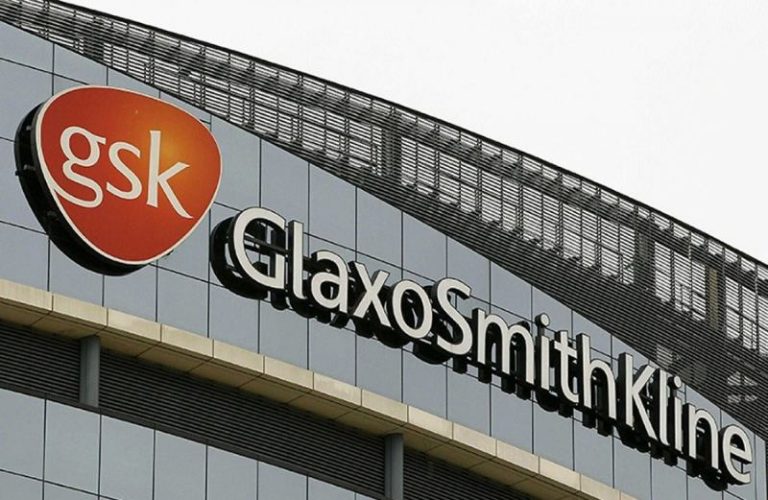The Association of Community Pharmacists of Nigeria (ACPN) has appealed to the Federal Government to prioritise access to foreign exchange for pharmaceutical companies to forestall recurring exits from the country.
The National Chairman of ACPN, Mr Adewale Oladigbolu said this in an interview in Lagos on Saturday.
Oladigbolu made the appeal while reacting to GlaxoSmithKline Plc exit from Nigeria after 51 years of operation.
GlaxoSmithKline (GSK) is a global biopharma company with a purpose to unite science, technology, and talent to get ahead of diseases.
Its Research and Development focus on four therapeutic areas: infectious diseases, human immunodeficiency virus (HIV), respiratory/immunology, and oncology.
Oladigbolu urged the government to prioritise the health sector, noting that illiquidity in foreign exchange market and depreciation of the naira had worsened operations of many companies.
He noted that if the government makes access to foreign exchange and macroeconomic policies favourable, many companies would thrive and sustainably contribute to GDP growth.
According to him, the shutting down of GSK manufacturing and sales operations and shifting the importation of their drugs and vaccines to a distributor model holds several consequences for the patients and country.
Oladigbolu said pharmacovigilance which helps identify potential safety issues with drugs and allows for steps to mitigate these risks would be non-existent in the distributor model.
“GSK employs lots of young scientists and researchers who monitor and report adverse events and drug efficacy but currently are no longer in the scheme of their operation.
“The company was also a breeding house for many pharmacists in the country who have benefited from their training because GSK invests hugely in capacity development.
“For years, GSK has used innovative pricing mechanisms to ensure access to its product reach across the country,” he said.
He, however, noted the third party distribution model of GSK drugs would be profit oriented rather than the previous mechanism of patient centred operation.
“Last year, Augmentin was sold at N4,000 but due to scarcity, it’s now N25, 000; Beecham was sold at less than N1,000 but now N7,000.
“What’s the probability of the cost of these drugs and other ones in GSK production line reducing with this current arrangement?
“GSK drugs are top quality, life-saving medicines. I weep for my country because if nothing is done urgently more pharmaceutical companies would exit or stop operations,” he said.
Oladigbolu said that the GSK exit would further contribute to the unemployment rate in the country.
GSK, a biopharmaceutical company on August 3 announced its plans to exit Nigeria amid worsening economic pressure, challenges in accessing foreign exchange, rising operational expenses, among others.
The drug maker said it would stop distributing its prescription medicines and vaccines itself and move to using a third party distribution model.
It manufactures products such as Panadol painkillers, Sensodyne toothpaste, Augmentin, Advair, Ventolin, among others.
GSK ceased its commercial operations in Kenya in October 2022, citing similar reasons as Nigeria.



